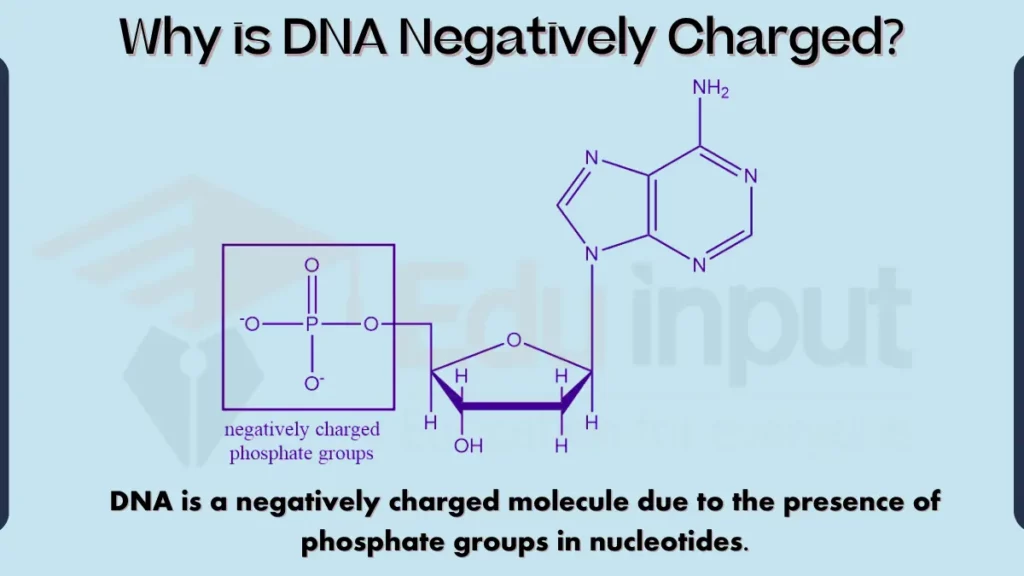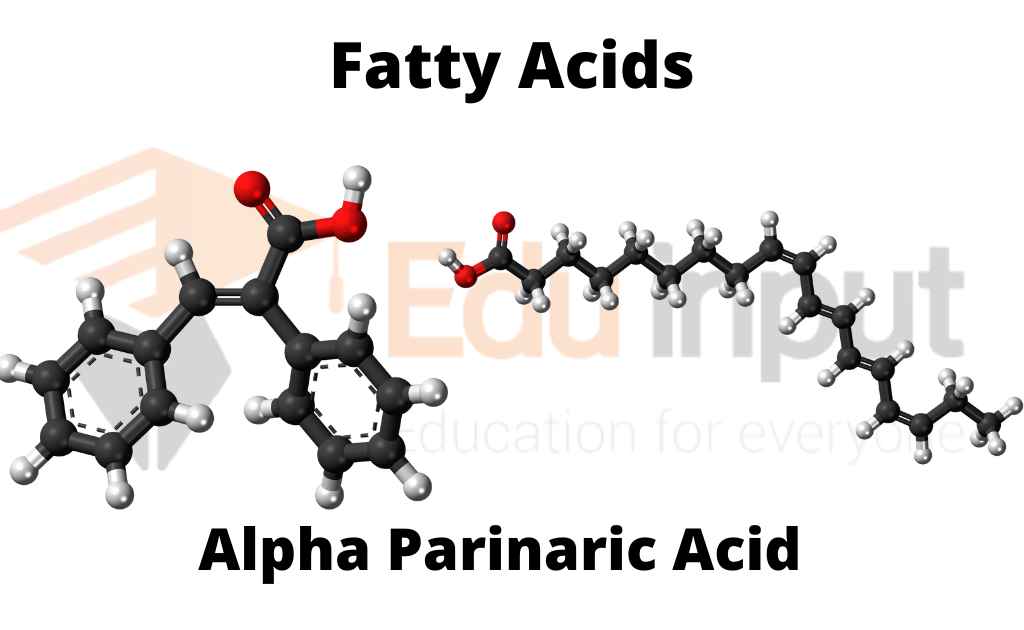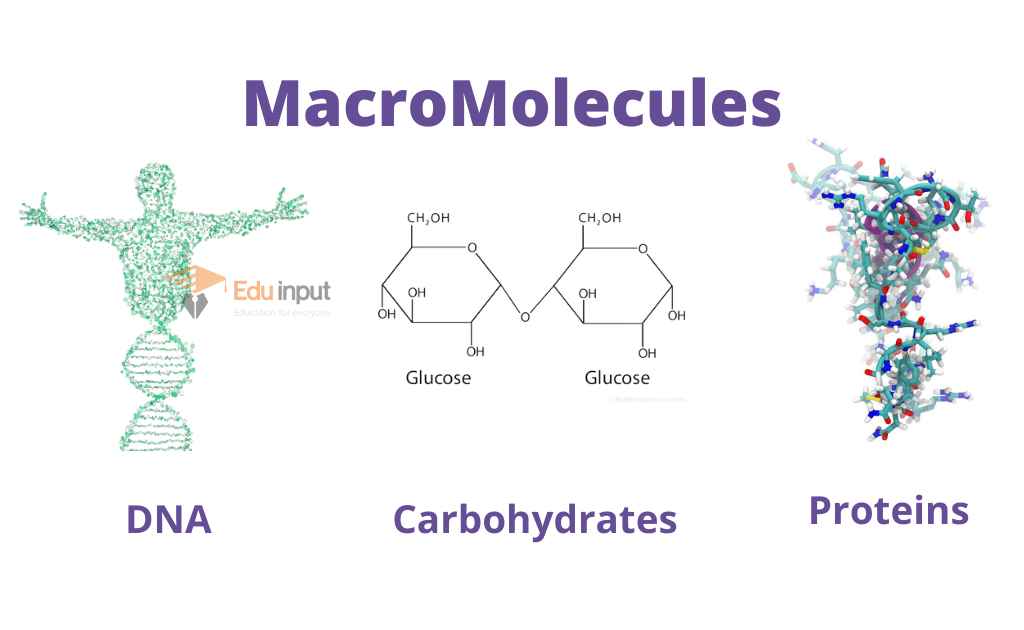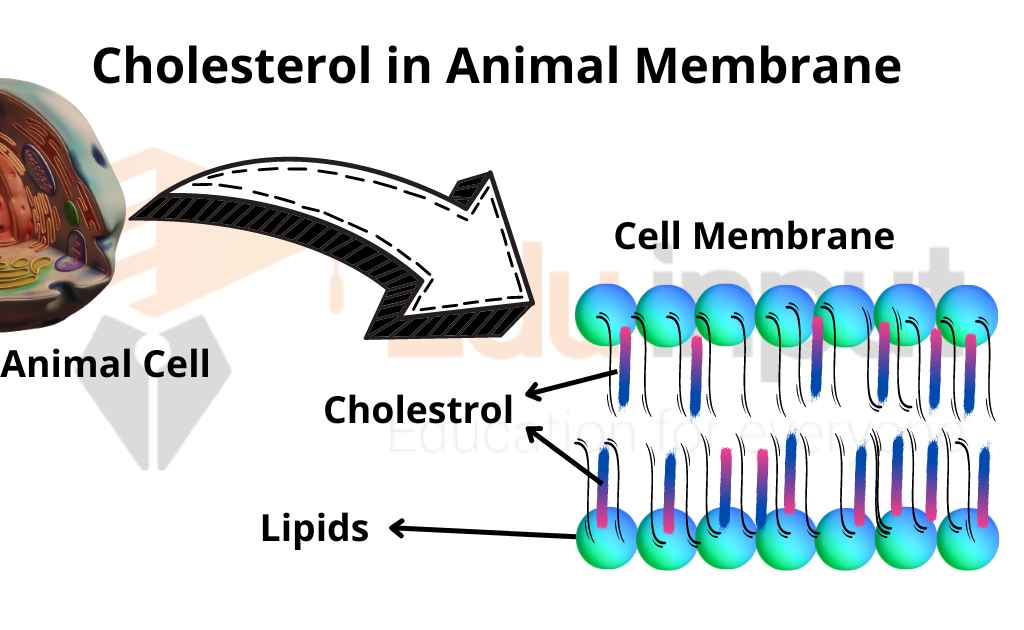Why is DNA Negatively Charged?
DNA is a negatively charged molecule due to the presence of phosphate groups in nucleotides. These phosphate groups retain one of their two negative charges when they form phosphodiester bonds, which link the nucleotides together in the DNA strand.

The phosphate backbone, base pairing, deprotonated bases, and counterion interactions all contribute to the overall negative charge found on DNA molecules. This charge helps DNA interact with positively charged proteins and facilitates important functions like transcription and replication in cells.
Reasons Why is DNA Negatively Charged?
Here are the underlying reasons Why is DNA Negatively Charged:
1. Phosphate Groups
DNA’s phosphate groups occur along the molecule’s sugar-phosphate vertebrae. These groups ionize in aqueous solutions. It releases protons and leaving negatively charged phosphates all through the backbone. This imparts repeated negative charges that influence DNA behavior.
2. Base Pairing
The nitrogenous bases projecting into DNA’s core pair up through hydrogen bonds. Guanines couple to cytosines, adenines to thymines. But the asymmetry leaves unsatisfied electrons, conferring a partial negative charge to the bases despite their bonding.
3. Deprotonated Bases
Protons readily detach from the nitrogen atoms on certain DNA bases at physiological pH. Without their positive charges, cytosine and adenine bases carry net negative charges. Quantitative analyses revealed as many as one in four bases ionize, amplifying DNA’s negative density.
The phosphate group in each nucleotide contributes to the overall non-neutral charge of DNA. When DNA is not isolated, it is kept stable by proteins called histones, which have a positive charge and neutralize the negative charge of DNA. The negative charge of DNA is important because it allows DNA to interact with other molecules, such as transcription factors, which are necessary for gene expression.
Also Read:
Where Is DNA Found In Eukaryotic Cells?

 written by
written by 





Leave a Reply